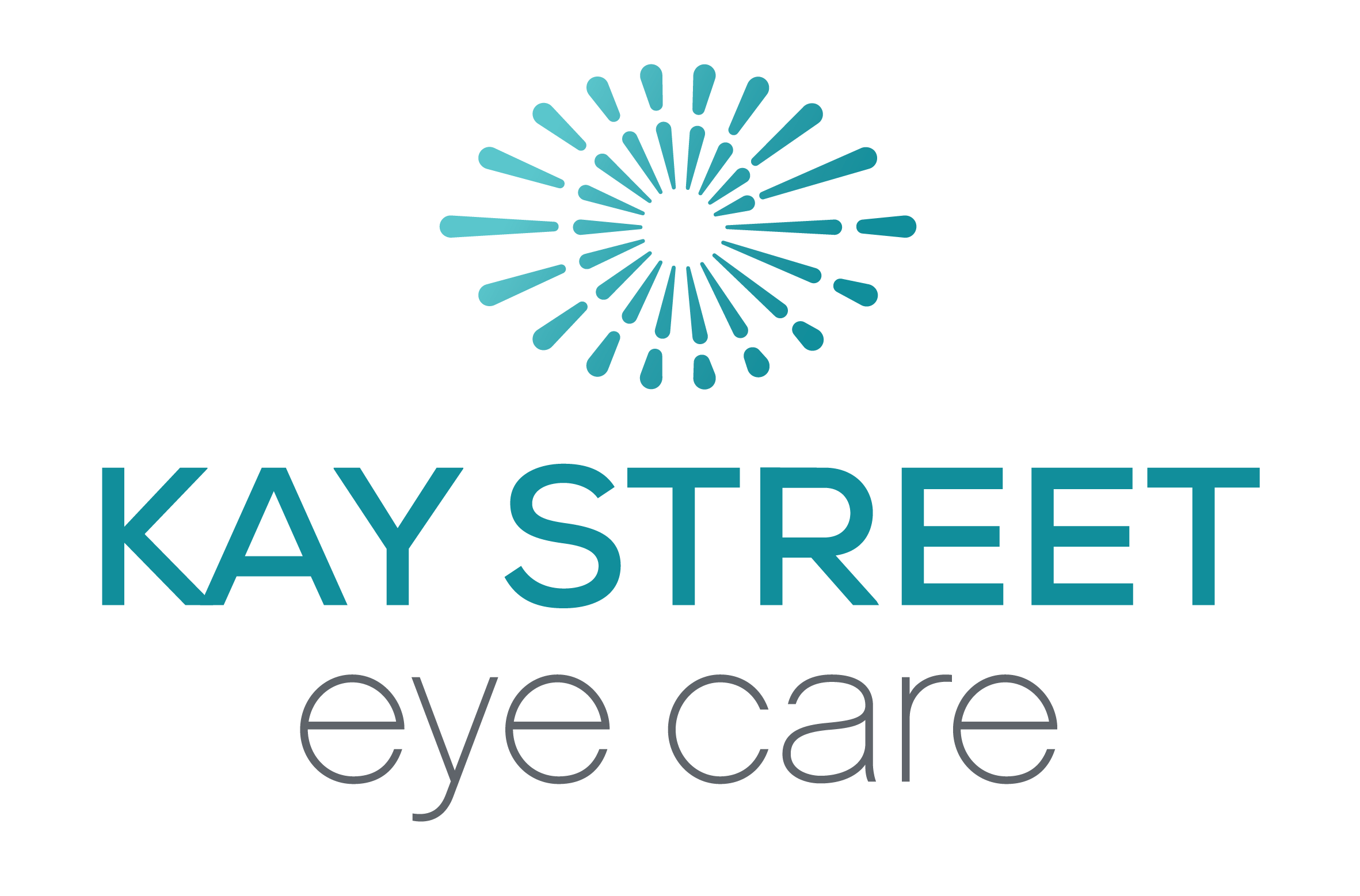In the classic movie, A Christmas Story, all little Ralphie Parker wanted was a BB gun for Christmas. “You’ll shoot your eye out, kid,” was the oft-repeated response by adults throughout the film. And for good reason! A study published in the December 2019 issue of Pediatrics found that between 1990-2016, more than 360,000 records of children harmed with BB guns and other “non-powder firearms.”
But did you know that even Nerf® guns, a supposedly safer alternative to BB guns, have been shown to cause eye injury in some cases? Though injuries resulting in total blindness are incredibly rare, the rise in eye injuries from Nerf gun darts in recent years is quite troubling.
Nerf Guns and Eye Injuries
An article published in the medical journal BMJ Case Reports (Sept 2017) had eye care professionals warning that they were seeing many cases of eye injury caused by Nerf guns and similar projectile toys.
To illustrate this point, the study brings three specific examples of children or adults being injured after being hit in the eye by a dart from a Nerf gun. In all three cases, the patients experienced fuzzy vision and pain, internal bleeding of the eye, and swelling.
All three cases eventually regained comfortable, clear vision, but only after prompt intervention from an optometrist or other eye care professional.
Preventing Eye Injuries From Nerf Darts
So, what's the solution? Is it to simply avoid buying Nerf guns for your children?
Not necessarily. Hasboro, the popular toy company responsible for manufacturing Nerf guns, stresses that all its products have been thoroughly tested and approved by the proper authorities. This means that, when used correctly, Nerf products are completely safe.
Here are some tips on using the Nerf Gun safely:
Follow the age recommendations. These products are meant for children ages 8 and up. Children below this age may not be mature enough to understand or comply with proper safety measures to prevent injury when using Nerf guns.
Aim below the face. Nerf guns should never be aimed directly at the face. This is especially true at close range, where the most potential damage to the eye could be done.
Stick to branded darts. Although generic replacements for Nerf darts may be cheaper, they are often not designed as well. This can cause safety issues. Parts of these generic darts may be made of harder materials, making them more likely to damage the eye on impact.
Nerf-brand darts, therefore, tend to be much safer than generic replacements.
Do not modify your Nerf gun. There are many videos online that give instructions on how to modify your Nerf gun to make it shoot faster or harder. Avoid doing so, as it can increase the risk of Nerf gun injury.
Wear protective eyewear. Our Traralgon optometrists recommend you always wearing safety glasses or goggles when taking part in activities with fast-moving balls, pucks, projectiles or other moving objects. Accidents can happen—even when carefully following all safety recommendations. Wearing eye protection can massively reduce the chances of eye injury and vision loss.
Emergency Eye Care After Injury From A Nerf Gun
Have your eyes or your kids' eyes been hit by a Nerf dart (or any flying object)? Pain or discomfort in or around the eye, blurry or double vision, or seeing black spots or starbursts may indicate that you may be at risk for significant vision loss. If this is your case, seek immediate assistance from an eye care professional.
Give us a call at 03 5174 6788 or visit us in person at Kay Street Eyecare. Our Traralgon optometrists know how to help and will do their best to preserve your vision.
Q&A With Our Optometrist
How do I know if my eye is damaged by a Nerf dart?
If you’ve been hit in the eye by a Nerf gun or any flying object, the following symptoms may indicate your eyes may have been injured:
- Blood spots in your eye, indicating active bleeding
- Seeing black spots in your vision or flashes of light
- Painful vision
- Blurry or fizzy vision
These symptoms can indicate a potential emergency, such as a detached retina. You should seek immediate medical attention to avoid long term vision loss.
How do optometrists treat damage from Nerf darts and other flying objects?
Your optometrist will need to take a thorough look at your eye and possibly ask you a few questions about your symptoms to discover exactly where and how thorough the damage to the eye is. Once your optometrist has figured this out, they may choose to administer or prescribe certain eye drops to prevent build-up of inner eye pressure from internal bleeding, refer you to an ophthalmologist for medical treatment, or choose another course of treatment. In any case, your optometrist will likely ask you to come in for follow-up visits to make sure your eyes are healing properly.

